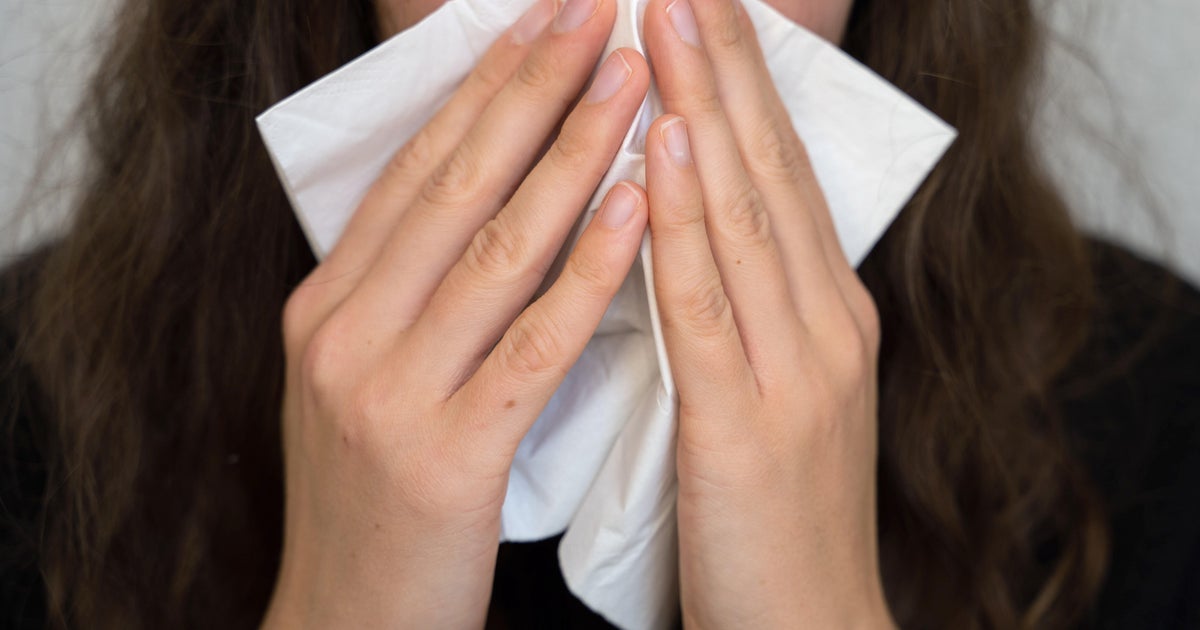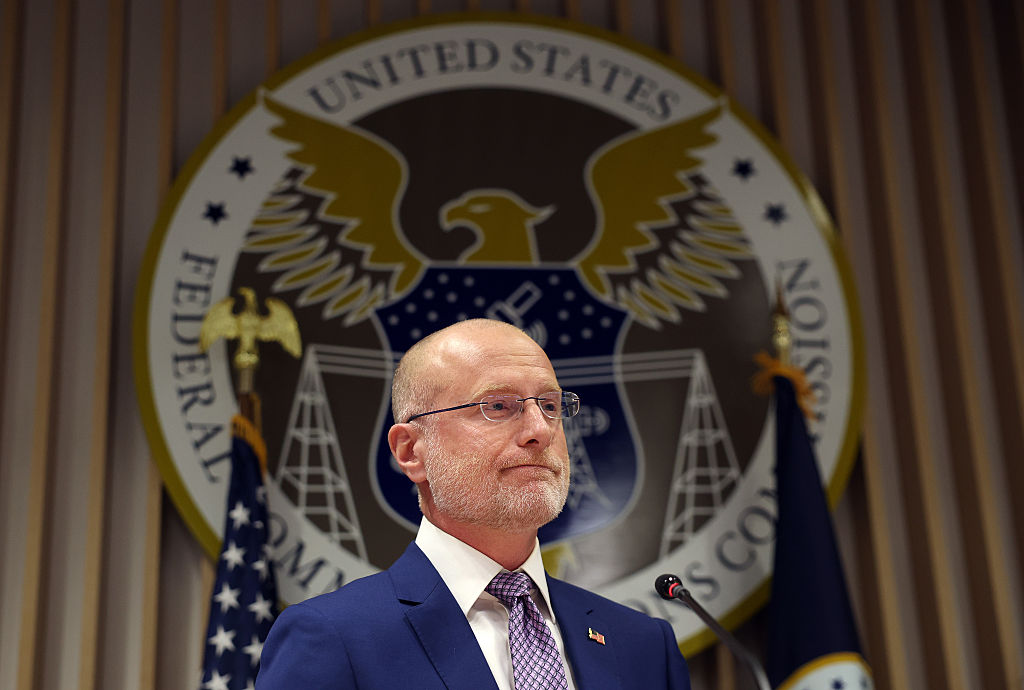How Trump's age and weight could put him at higher risk for severe coronavirus infection
President Trump and first lady Melania Trump are both in quarantine after they were diagnosed with coronavirus on Thursday, the president announced in a tweet. He is experiencing minor symptoms and will continue to carry out his duties as usual on Friday, a White House adviser said. But his age and weight could put him at risk of more severe illness.
The risk of severe illness from COVID-19 increases with age, according to the Centers for Disease Control and Prevention. "Severe illness means that the person with COVID-19 may require hospitalization, intensive care, or a ventilator to help them breathe, or they may even die," the CDC explains.
While people over 85 are most at risk and this age group has seen the highest rate of hospitalizations and deaths, people in the 65-74 and 75-84 age brackets also account for a large portion of coronavirus hospitalizations and deaths in the U.S. Eight out of 10 COVID-19 related deaths U.S. have been people over the age of 65.
Mr. Trump is 74 years old, while the first lady is 50.
Obesity is also one of the factors that increases a person's risk of severe illness from COVID-19, according to the CDC. Obesity triples the risk of hospitalization for COVID-19.
During his 2019 physical, Mr. Trump, who is 6'3", weighed in at 243 pounds and had a body mass index of 30.4, putting him just over the threshold that's considered obese by the CDC. The president's doctor said he was "in very good health overall." At his most recent physical in June, his weight was 244 pounds — one pound heavier.
The CDC guidance explains obesity is linked to impaired immune function, and it decreases lung capacity and reserve and can make ventilation more difficult.
On CBSN Friday morning, Dr. Bob Lahita, chairman of medicine at St. Joseph University Hospital, said that while both Mr. Trump and his Democratic challenger Joe Biden appear to be in good health, "They are both over 70, so they are at risk, significant risk, of getting a more serious form of the disease."
Lahita said factors like obesity and stress can lower a person's immune system and make it more difficult to overcome the virus.
However, he stressed that CDC data show the risk is generally "very, very low," and that those who are in good health "should be OK."
But he added, "The thing we're all deathly afraid of is the fact that we have that one or two person statistic where we don't expect them to get very, very sick and they get extremely ill and succumb to the disease very, very quickly. And we've seen that with star athletes who are in great shape. We've seen that with family members, you know, four or five members of the same family all wind up on ventilators. It has a lot to do with the immunogenetics of the individual."
Before he was diagnosed with the virus, Mr. Trump frequently downplayed it, telling supporters at a rally in Ohio last week that the coronavirus "affects virtually nobody."
"We now know the disease. We didn't know it," he said. "Now we know it. It affects elderly people. Elderly people with heart problems and other problems. But they have other problems, that's what it really effects, that's it," Mr. Trump continued. "You know in some states, thousands of people [are infected] — nobody young," he said, which is not true. "Below the age of 18, like nobody. They have a strong immune system, who knows."
"But it affects virtually nobody. It's an amazing thing," he erroneously claimed. The day after he made those remarks, the U.S. reached the tragic milestone of 200,000 deaths from COVID-19.



